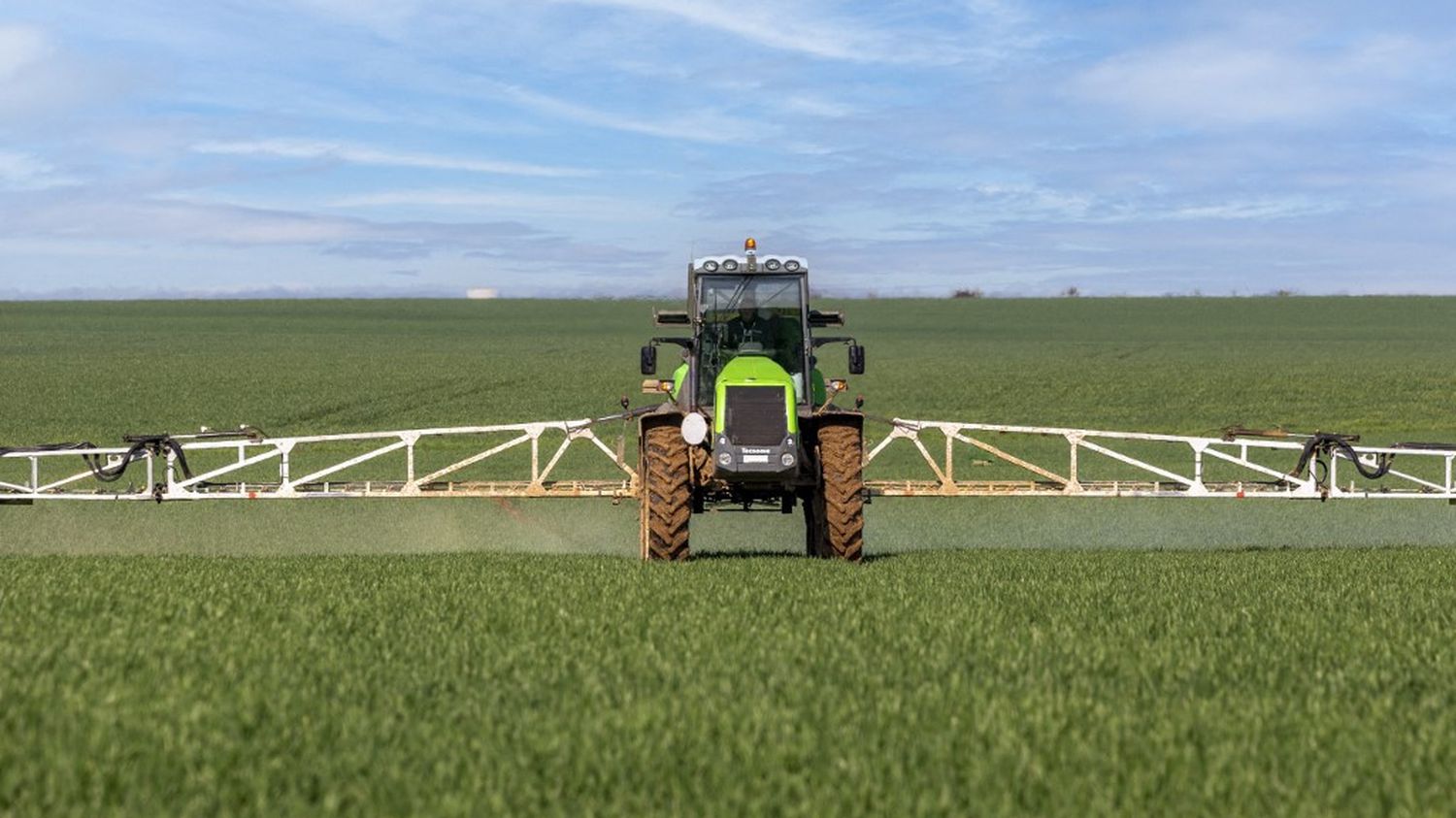We find them in the fields, on our plates, and even at the bottom of the oceans. Phytosanitary products (pesticides, fungicides, etc.) used by the agricultural sector contaminate all environments, with deleterious effects on biodiversity, according to the conclusions ofa study unveiled Thursday, May 5.
This meta-analysis mobilized around forty experts for two years to synthesize the some 4,000 scientific studies already published on the subject. It was produced by Inrae (National Institute of Agronomic Research) and Ifremer (French Research Institute for the Exploitation of the Sea) at the request of the Ministries of Ecological Transition, Agriculture and Research.
The summary is clear: pesticides contaminate all environments. They are present mainly in agricultural areas, but they spread to the oceans, “with a decrease in concentrations by a dilution effect”describe Wilfried Sanchez, deputy scientific director of Ifremer. And in all these environments, “the plant protection products are one of the major causes of the decline of certain populations” animals, emphasizes Stéphane Pesce, researcher at Inrae.
Levers to reduce their use
Species affected range from birds to terrestrial invertebrates, such as bees or beetles, including bats and amphibians. But the study also insists on the sub-lethal effects, such as loss of orientation or immune deficiencies. Indirect effects are also taken into account: for example, by reducing bee populations, phytosanitary products negatively affect pollination. Good news all the same, the presence of these substances decreases over time, even if some, such as DDT, are still detectable long after their ban.
The various Ecophyto plans put in place since the Grenelle de l’environnement, at the end of 2007, have not made it possible to reduce the use of pesticides in France. Experts have therefore identified “levers” to limit their impact: reduce their use, do not treat in the event of strong wind or rain, apply them as close as possible to the ground or create buffer zones in the landscape to prevent their spread. Biocontrol, which replaces them with other species or natural mechanisms, is also put forward, even if knowledge is still limited. Despite the thousands of studies scanned, the report shows shortcomings “still important” knowledge and calls for further research that considers all impacts together.
